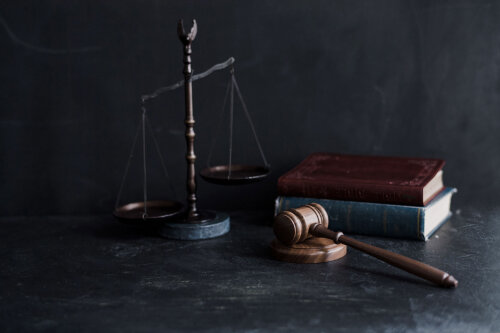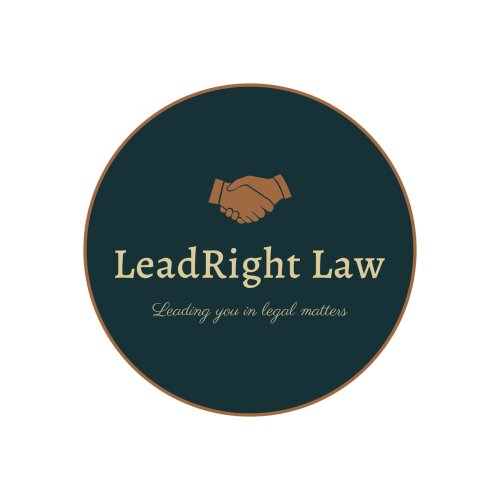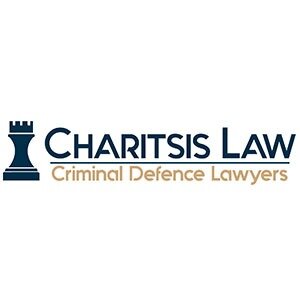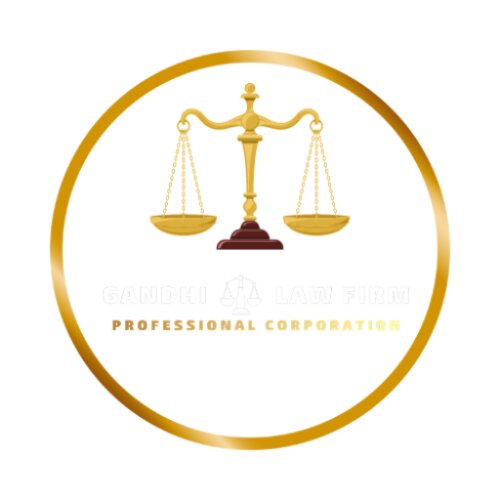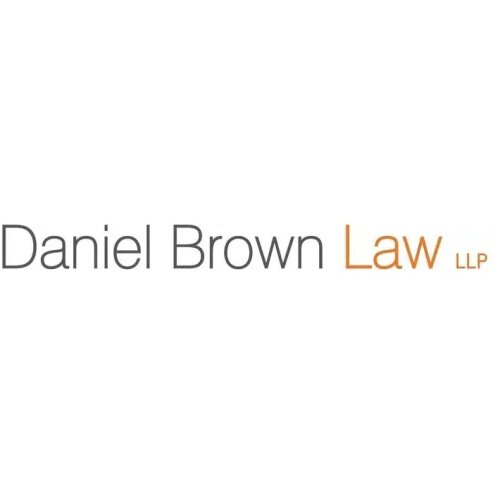Best Criminal Litigation Lawyers in Toronto
Share your needs with us, get contacted by law firms.
Free. Takes 2 min.
List of the best lawyers in Toronto, Canada
About Criminal Litigation Law in Toronto, Canada
Criminal Litigation refers to the legal process involving criminal offenses in the jurisdiction of Toronto, Canada. It encompasses the prosecution and defense of individuals who have been charged with a crime. Criminal Litigation cases may range from minor offenses such as theft or assault, to more serious crimes like drug trafficking or murder. The Canadian legal system provides certain rights and protections to individuals facing criminal charges, including the right to legal representation and a fair trial.
Why You May Need a Lawyer
There are several situations where you may require the assistance of a lawyer in criminal litigation. Some common scenarios include:
- If you have been charged with a criminal offense, it is crucial to have legal representation to navigate the complexities of the criminal justice system and protect your rights.
- If you are a victim of a crime, a lawyer can provide guidance on your rights and options, including pursuing a criminal charge against the offender.
- If you are a witness in a criminal case, legal advice may help you understand your obligations and protect your interests during the proceedings.
- If you are unsure about your legal rights or need clarification on criminal laws in Toronto, consulting a lawyer can provide you with the necessary guidance.
Local Laws Overview
In Toronto, Canada, several key aspects of local laws are particularly relevant to criminal litigation:
- The Criminal Code of Canada: This federal legislation defines criminal offenses, penalties, and procedures applicable throughout the country, including Toronto.
- The Canadian Charter of Rights and Freedoms: This constitutional document protects individuals' rights and freedoms during criminal proceedings, such as the right to legal representation, the right to a fair trial, and the right against self-incrimination.
- Toronto Bylaws: These local regulations address specific offenses and infractions within the city, such as noise violations or parking offenses.
Frequently Asked Questions
1. What should I do if I am arrested in Toronto?
If you are arrested in Toronto, it is crucial to remain calm and cooperate with the authorities. You have the right to remain silent, so avoid making any statements without having legal representation present. Contact a criminal lawyer as soon as possible to understand your rights and seek guidance.
2. How can I find a reliable criminal lawyer in Toronto?
To find a reliable criminal lawyer in Toronto, you can consider seeking recommendations from friends, family, or trusted professionals. You may also contact your local bar association or legal organizations for referrals. It is essential to research and choose a lawyer with expertise in criminal litigation and a good track record.
3. What are the potential consequences of a criminal conviction in Toronto?
The potential consequences of a criminal conviction in Toronto may include imprisonment, fines, probation, community service, or a combination of these penalties. Additionally, a criminal record can have long-term effects on employment opportunities, travel, and personal reputation. Consulting with a lawyer will help you understand the specific consequences that may apply to your case.
4. Can I negotiate a plea bargain in Toronto?
Yes, it is possible to negotiate a plea bargain in Toronto. A plea bargain involves an agreement between the prosecution and the defense, where the accused pleads guilty to a lesser charge or accepts a reduced sentence in exchange for certain concessions. Plea bargains must be carefully evaluated with the assistance of a criminal lawyer to ensure they are in your best interest.
5. How long does a criminal litigation process typically take in Toronto?
The duration of a criminal litigation process in Toronto can vary significantly depending on various factors, including the complexity of the case, court availability, the number of witnesses involved, and potential appeals. Some cases may be resolved within a few weeks, while others can take several months or even years. Consulting with a criminal lawyer can provide you with a more accurate estimation based on the specifics of your situation.
Additional Resources
- Legal Aid Ontario - Provides legal assistance to low-income individuals who cannot afford a lawyer.
- The Advocates' Society - Offers resources, education, and networking opportunities for advocates and lawyers.
- The Law Society of Ontario - Regulates the legal profession in Ontario and offers a directory to find a licensed lawyer.
Next Steps
If you need legal assistance in criminal litigation in Toronto, it is crucial to take the following steps:
- Contact a reputable criminal lawyer to discuss your case and understand your rights.
- Provide your lawyer with all relevant information and cooperate fully throughout the legal process.
- Attend all necessary court dates and adhere to any conditions imposed by the court.
- Familiarize yourself with local laws and seek legal advice for any concerns or questions that may arise.
- Consider utilizing the resources mentioned above to access additional support and guidance.
Lawzana helps you find the best lawyers and law firms in Toronto through a curated and pre-screened list of qualified legal professionals. Our platform offers rankings and detailed profiles of attorneys and law firms, allowing you to compare based on practice areas, including Criminal Litigation, experience, and client feedback.
Each profile includes a description of the firm's areas of practice, client reviews, team members and partners, year of establishment, spoken languages, office locations, contact information, social media presence, and any published articles or resources. Most firms on our platform speak English and are experienced in both local and international legal matters.
Get a quote from top-rated law firms in Toronto, Canada — quickly, securely, and without unnecessary hassle.
Disclaimer:
The information provided on this page is for general informational purposes only and does not constitute legal advice. While we strive to ensure the accuracy and relevance of the content, legal information may change over time, and interpretations of the law can vary. You should always consult with a qualified legal professional for advice specific to your situation.
We disclaim all liability for actions taken or not taken based on the content of this page. If you believe any information is incorrect or outdated, please contact us, and we will review and update it where appropriate.





